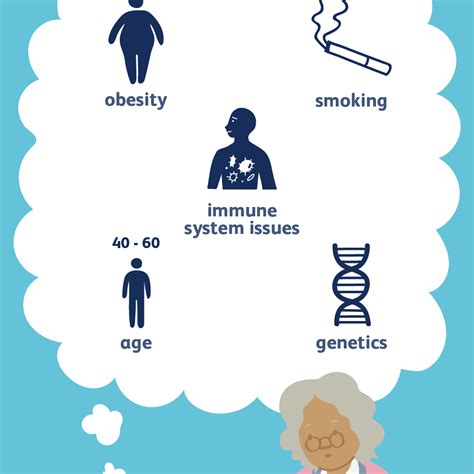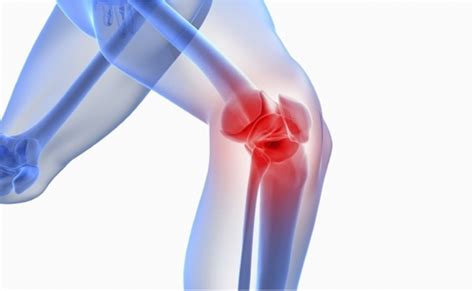Lumbar spondylosis is an age-related condition characterized by the degeneration of the vertebrae and disks in the lower back. This common condition is often associated with degenerative disk disease and osteoarthritis. As part of the natural aging process, the disks that separate the spinal bones break down, leading to potential complications.
One such complication is spinal stenosis, a narrowing of the spinal canal that can result from spondylosis. Another is degenerative scoliosis, a condition where a sideways curvature of the spine occurs in adults due to osteoarthritis. This curvature typically measures 10 degrees or greater. Additionally, degenerative disc disease involves the wear and tear of the disc space, further contributing to spinal issues.
The exact causes of degenerative scoliosis and spinal osteoarthritis are not entirely clear. Spondylosis is a progressive disease that deteriorates the tissues or disks in the spine, which serve as joints allowing movement and flexibility. These changes can lead to symptoms such as neck or back pain and stiffness.
In some cases, spondylosis leads to spinal stenosis, the narrowing of the spinal canal. This can compress the spinal cord or nerve roots, causing additional complications. Despite its progressive nature, spondylosis does not always manifest symptoms immediately.
Degenerative spine conditions generally involve the gradual loss of normal spinal structure and function over time. They are primarily caused by aging but can also result from tumors, infections, or arthritis. The spine is divided into several sections: the cervical spine (neck), thoracic spine (chest and upper back region), and lumbar spine (lower back). Each of these areas can be affected by degenerative changes.
For more detailed information on lumbar spondylosis, you can visit University of Texas Health Science Center, Hospital for Special Surgery, Hospital for Special Surgery on Degenerative Scoliosis, University of Utah Health, Columbia University Department of Neurosurgery, UC Davis Health Spine Center, and Hospital for Special Surgery on Adult Scoliosis.



